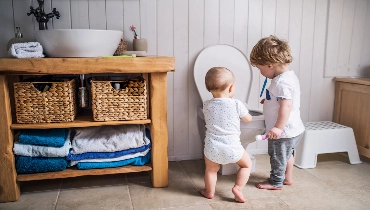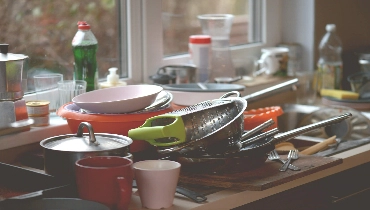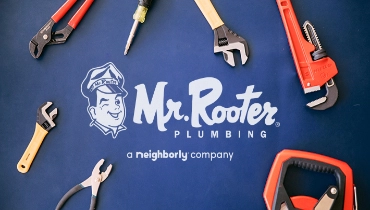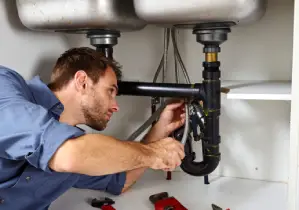It’s something every parent dreads — opening the door to the bathroom and finding their toddler sitting there unsupervised.
Learn moreOur Central PA Plumbing Blog
Shared Resources for Your Home Needs
All Blogs
Kitchens are supposed to be filled with the sweets smells of cooked chicken and steamed vegetables, not days old fish and rotting chicken bones.
Learn moreWhy are we not supposed to pour grease down the sink? To put things plainly, grease goes down your sink as a liquid but hardens the moment it cools.
Learn moreA clogged drain can lead to a lot more than just bad water pressure in the shower (though admittedly, that is still pretty bad!).
Learn moreBlog Categories
Let Us Call You
Blog Categories
About Mr. Rooter Plumbing

Since the original Mr. Rooter was founded in 1970, the company has remained committed to a set of core values that are rooted in performing quality work at honest prices. Nearly half a century later, the original Mr. Rooter business is still servicing homes and businesses in and around Oklahoma City. It’s still independently owned and operated with strong ties to the community that made it all possible.



.webp)
